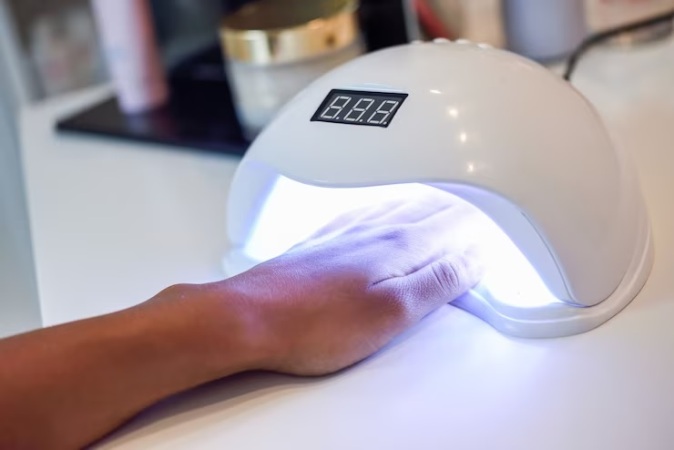
The global market for rheumatoid arthritis treatments is expected to grow at a CAGR of...
Learn More
Our consulting solutions address company specific challenges with respect to micro environment...
Learn More
Organizations frequently need day-today research guidancein order to gain strategic...
Learn More
Exploring different areas of market research and market analysis is a key factor...
Learn MoreAcute Market Reports presents the most extensive global business research services across industries. Our research studies focus on potential outcomes, benefits, and risks associated with each market segment across geographies. Having served our global clients for more than 10 years, our prime priority is to enable our clients in making well-informed business decisions through a data-driven, analytical, and uncomplicated research approach.
We provide access to the world's most comprehensive, analytical, and updated business intelligence services and solutions.




The automotive window and exterior sealing market is expected to grow at a CAGR of 7.5% during the forecast period of 2025 to 2033, driven by key components such as Roof Ditch Moldings, Exterior Seals, and diverse demand across vehicle types. The mar...
Read More
The gel UV nail lamps market is expected to witness a CAGR of 4.1% during the forecast period of 2025 to 2033, fueled by the increasing trend of nail care and the popularity of gel manicures. In this comprehensive overview, we will delve into the key...
Read More
The prime power reciprocating power generating engine market is expected to grow at a CAGR of 4.7% during the forecast period of 2025 to 2033. Prime power reciprocating power generating engine market encompasses engines that provide continuous power ...
Read More




